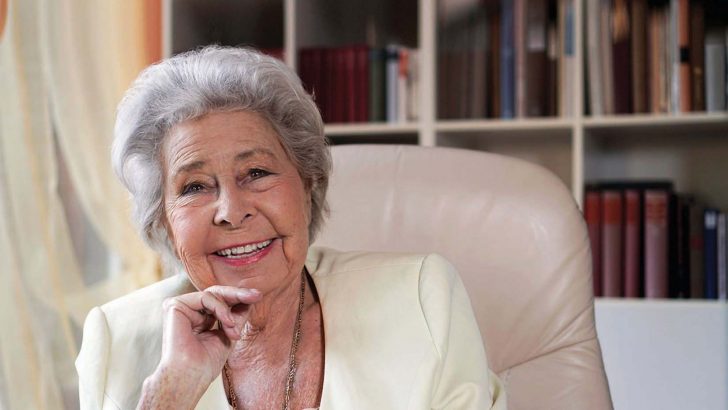As at the time I was a devotee of soprano Elizabeth Schwarzkopf, I made my first visit to the Salzburg Festival to hear her singing the roles of the Marschallin in Richard Strauss’ Der Rosenkavalier and Fiordiligi in Mozart’s Cosi fan tutte.
Like Der Rosenkavalier, the Cosi performance was all one could hope for under the baton of Karl Böhm in Günther Rennert’s traditional-style production. Ms Schwartzkopf and the unrivalled mezzo Christa Ludwig were sisters Fiordiligi and Dorabella. I would hear Ludwig in other roles in other places not least as Clytemnestra in Elektra at the Paris Opéra.
But why has Christa Ludwig come to my attention again? Well, the great singer died on April 24 at her home outside Vienna. She was 93 but, despite the fact that she had retired from the operatic stage in December 1994, she was still giving master classes and scheduled for a further series during the Salzburg Festival’s Young Singers’ Project next month.
Family
Born in Berlin on March 16, 1928, Christa Ludwig came from a musical family with her contralto mother, Eugenie, playing an important role in her training and continuing to coach her in the early part of her career. Her father Anton was a tenor who later became general manager of the opera in Aachen.
Christa Ludwig had an all-round musical education learning piano, cello and flute as well as music theory. From an early age she delighted in accompanying herself at the piano in lieder by Schubert and Brahms.
Following an audition for the Frankfurt Opera in 1946, she made her debut there as Prince Orlovsky in Johann Strauss’ Die Fledermaus’. From Frankfurt she moved to Darmstadt and then to Hanover. At the invitation of Karl Böhm, she joined the Vienna State Opera in 1955 making her first appearance there as Cherubino in The Marriage of Figaro.
She remained with the company for more than 30 years giving 769 performances of 42 roles, under many distinguished conductors, and where “she had the undying affection and admiration of the public”.
Ludwig considered there were three conductors from whom she learned all she wanted to know about music: Karl Böhm for precision; Herbert von Karajan for beauty of sound and legato; and Leonard Bernstein for the expressive quality and joy of music. All three conductors loved, revered and cherished her as an artist with Mr Bernstein once remarking “she is the best and the best of all possible human beings”.
Mozarten
Besides her acclaim as a Mozartean, Christa Ludwig was equally at home in the operas of Wagner and Richard Strauss. She brought incomparable artistry and psychological penetration to several Wagnerian roles while among her Strauss she instilled “sumptuous tone and immensely dignified bearing into [the character of] the Marschallin”.
Christa Ludwig married Vienna-born baritone Walter Berry in 1957. I heard them splendidly together in Gluck’s Iphigenia in Aulis also during my first visit to Salzburg. With that marriage dissolved in 1971, she married French actor and director Paul-Emile Deiber. Both predeceased her. May Christa Ludwig’s soul rest in peace.


 Christa Ludwig
Christa Ludwig 